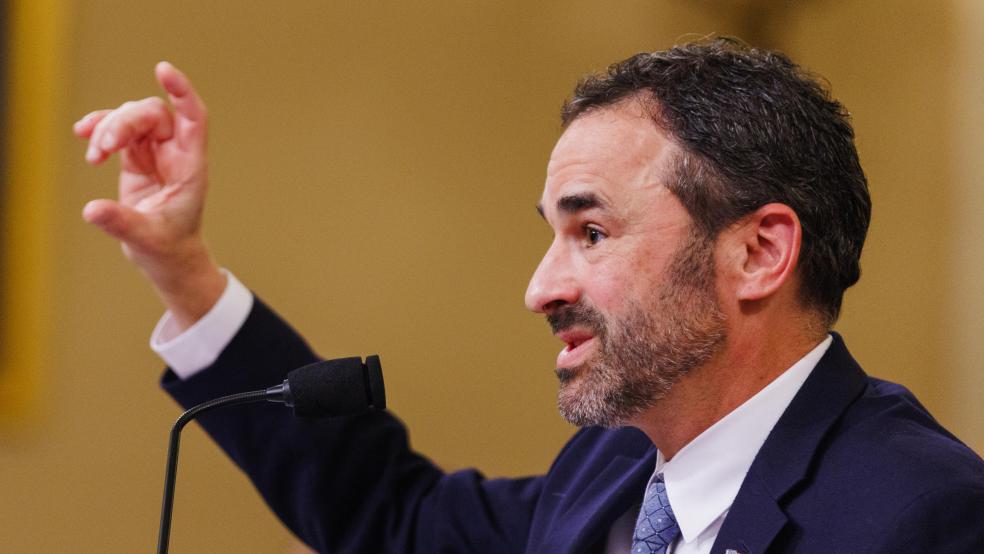IRS Commissioner Danny Werfel cautioned lawmakers Thursday against cutting his agency’s budget, warning that it would both raise the deficit and undermine service improvements.
“For every $100 million taken from the IRS., the deficit grows by $600 million over 10 years,” Werfel said at an oversight hearing of the House Ways and Means Committee.
Republicans have been trying, at times successfully, to pare back an $80 billion infusion of additional funding over 10 years given to the tax agency as part of Democrats’ 2022 Inflation Reduction Act. President Joe Biden agreed to claw back $20 billion of that funding as part of a deal with House Republicans last year to raise the debt limit.
Werfel told lawmakers that the 2024 filing season, which opened on January 29, is going smoothly so far and said that the government’s investments in the IRS allow the agency to improve its operations and taxpayer service. But he argued that maintaining the additional funding for the agency was vital for continued improvements. “Our base budget is insufficient to run the daily train schedules,” Werfel said. “What that means is that we have to borrow from the modernization funding just to keep the lights on. And if we keep doing that, we won’t modernize.”
Only 4.5% of the original $80 billion funding boost provided for the IRS under the 2022 Inflation Reduction Act has been spent so far, according to a new report from the Government Accountability Office cited by The Hill. And as The Hill’s Tobias Burns notes, the Treasury Department this month raised its projections of how much revenue would be gained as a result of the IRS funding injection.
“The IRA as enacted would increase revenue by as much as $561 billion over 2024 – 2034, substantially more than earlier estimates,” the Treasury wrote. “If the IRA funding is renewed when it runs out, as the administration has proposed, estimated revenues would be as much as $851 billion.”
Republican Ways and Means Chair Jason Smith of Missouri criticized what he called “fantasyland claims” about how much revenue the agency may generate through ramped-up audits of the wealthy. And he questioned the agency’s decision to once again delay implementation of a 2021 law requiring payment apps and online marketplaces to report payments totaling more than $600 on a 1099-K form — a change that Republicans oppose. “The way to fix this terrible law is to repeal it, not to shield the Biden administration from the consequences of its own policies,” Smith said.
Werfel defended the agency’s decision on the $600 threshold, saying the agency was trying to protect taxpayers from being “overly burdened” or paying more than necessary. The agency has delayed the requirement for two straight years, leaving in place a prior $20,000 threshold, which will be dropped to $5,000 next year and then $600 the following year.
“In this situation, we delayed imposing the lower threshold because we realized that immediate implementation posed a high risk of taxpayers being confused, and given the complexities of the 1099 reporting, some potentially paying taxes they didn’t actually owe,” Werfel said. “That is something we take very seriously and will do everything in our power to avoid.”
Werfel also said that if Congress passes a bipartisan deal to expand the Child Tax Credit and revive some expired business tax breaks — a deal that the House approved last month and is now awaiting action in the Senate — the IRS could potentially implement that law within six to 12 weeks, depending on the details of the legislation.





